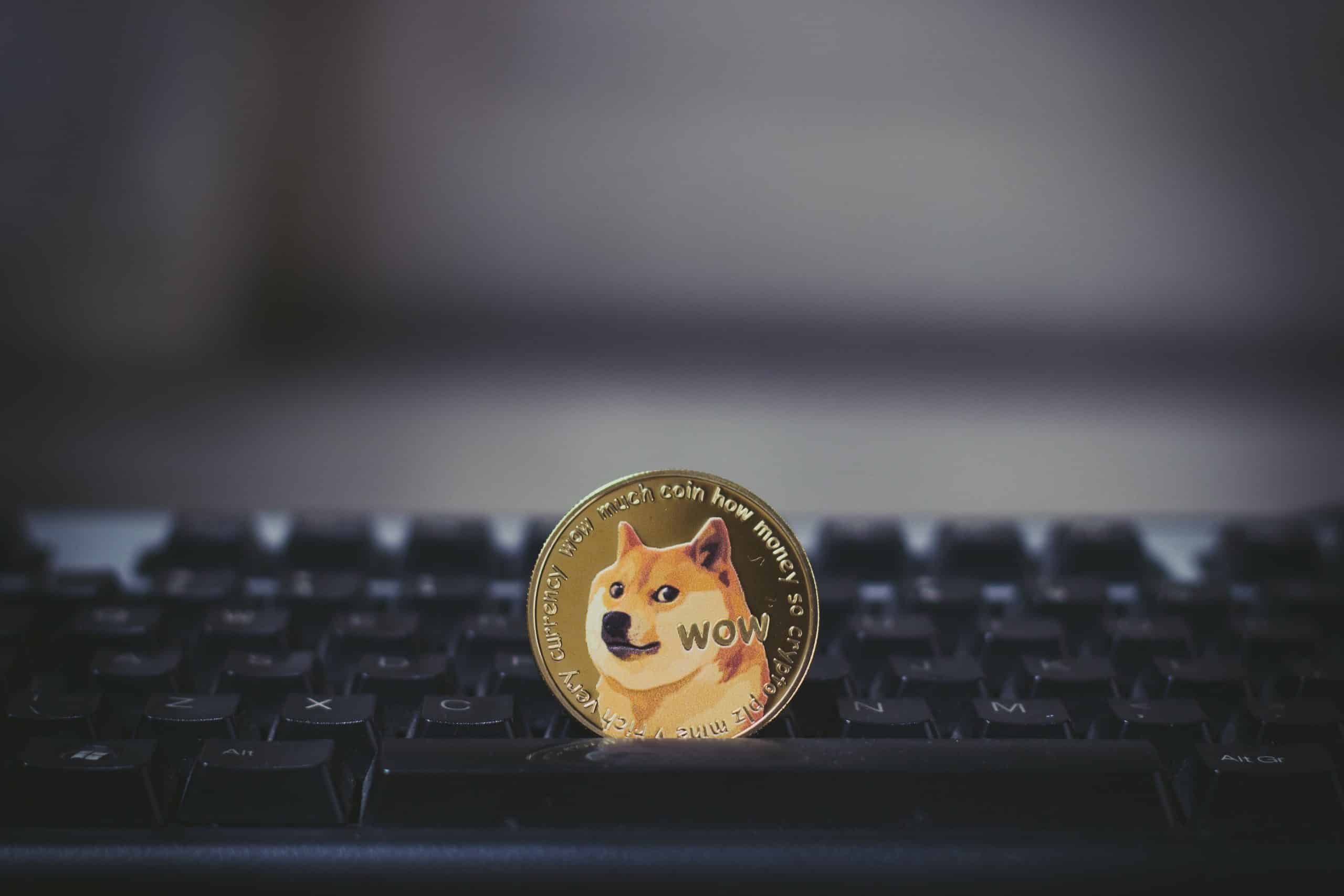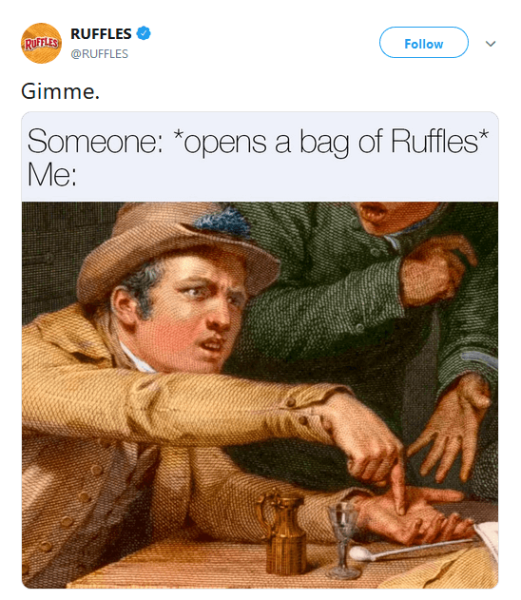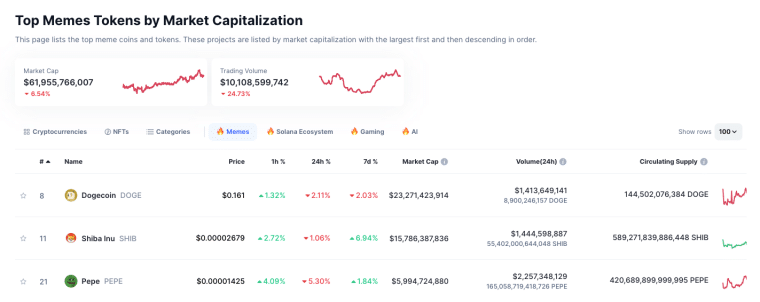From silly internet jokes to an important marketing tool, memes have risen to the point that they are now a valid and essential form of communication among certain demographics.
What was once perceived as random, meaningless online humor is progressively being turned into big business. The “meme tech” industry has increasingly been harnessed by brands, politicians, and even presidential candidates.
The era of viral content is here and memes are one of the most popular tools to establish a person or a business’s presence in the digital realm.
What Are Memes?
The concept of memes has been around for a while. It is, according to the Britannica dictionary, “a unit of cultural information spread by imitation.” The term was introduced in 1976 and came from the word “mimema,” which means “imitated”.
Memes portray ideas, trends, thoughts, reactions, and situations – often ironically or sarcastically – and they have spread like wildfire since social media started to gain popularity as these sharable jokes became a way for people to transmit how they think about a certain topic, event, or situation.
“Memes are culture, and culture is entertainment,” says Alex Taub, a tech entrepreneur who is aiming to create an archive and marketplace for memes dubbed Meme Depot. “I have this big thesis that meme tech is going to be the next big category,” he told TechCrunch during an interview held this week.
While that may sound a bit absurd, the explosive growth and monetization potential of meme culture suggests that Taub may be onto something. Just a quick look at CoinMarketCap’s meme coin tracker shows that cryptocurrencies themed as a certain meme are currently valued at $10.1 billion – that, by itself, is an industry right there.
Embracing Memes: A Cultural Phenomenon that Big Brands Are Open to Exploit
“Memes facilitate community not only on the internet but it also it kind of bleeds out into the real world or the offline world,” notes researcher Idil Galip, founder of the Meme Studies Research Network.
Memes have become particularly popular among younger demographics like millennials and Gen Zer as they resort to these images for cultural expression. Meme fluency is a thing now. It means how you can find and communicate ideas by using these images. The goal: creating the next viral meme.
The funny thing is, it is not just individuals. Brands and businesses are perceiving the potential that these images have to get to audiences that are no longer interested in traditional content and they are paying big bucks to recruit the best candidates to create viral memes.
“If you think of what meme tech really is right now, it’s essentially Giphy… there’s an opportunity here for meme management,” says Taub about the absence of platforms dedicated to providing access to meme archives or tools that allow users to easily create the next viral meme.
Meme Marketing: The Next Frontier
Brands have embraced memes as they see their immense marketing potential. Why spend millions producing traditional ad campaigns when an authentic slice of viral culture could captivate a large audience for a tiny fraction of the cost?
“All we’re trying to do is give them information about what Joe Biden has done, and what his plan is for a second term,” says Clarke Humphrey, a senior adviser on digital content from the Biden presidential campaign.
The latest strategy from the current President of the United States to win over the youngest cohorts of voters: hiring a “meme manager.”
Offering a salary of up to $85,000 per year for the right candidate, the Biden campaign has made the headlines as they are looking for a true “meme lord” to create viral content that helps the Democratic candidate get reelected.
Also read: BODEN and TREMP Skyrocket After Trump Comments on Crypto, Meme Coins at NFT Dinner
Their job, according to Humphrey, would be to communicate information about what President Biden has done and “figure out how it blends in with the other work that they’re doing.”
Recent hits like the “Dark Brandon” meme, initially embraced by the Biden team after liberals co-opted it from right-wing circles, hint at the immense shareability – and earned media value – that stems from strategic meme amplification.
The Biden campaign has already managed to monetize meme virality. For example, in August 2023, they sold merchandise displaying the Dark Brandon meme, which became a parody of the conspiracy theories about President Biden. The result: the proceeds from the sales accounted for 54% of the campaign’s store total revenue, data from Axios indicated.
Memes and Crypto – A Fantastic Partnership That is Already Producing Millionaires
Beyond politics and brand marketing, perhaps the biggest window of opportunity in meme tech lies in using this viral content to create cryptocurrencies that are powered by big communities who are seeking yet another path to quick riches.
There are countless examples of indelible marks made on the crypto market by memes. It all started with the rise of Dogecoin, an internet joke that managed to become the 8th largest digital asset by market capitalization as per data from CoinMarketCap.
Cryptocurrencies combine memes with people’s natural desire to make money. They help create communities and strengthen the bonds between investors with one shared thread: they all want to get rich. Investors try to pick which meme coins are the most viral and enticing, expecting others to invest in them, pushing their prices up.
Dogecoin (DOGE) is perhaps the most well-established meme brand in the crypto space but various new projects have managed to climb the ladder until becoming highly valuable digital assets as well as is the case of Pepe (PEPE) and dogwifhat (WIF), both of which jumped to popularity during the latest crypto rally of this year.
Earlier this month, a report started to circulate about an individual who managed to turn just $3,000 into $46 million by buying PEPE right before the price of the cryptocurrency skyrocketed. Not bad for a meme coin.
Both PEPE and WIF have entered the exclusive group of billionaire cryptocurrencies despite having no real-world utility, cash flows, or business model. They just rely on people’s endless greed and the irony that you can get rich by holding otherwise worthless pieces of code just because other people believe that they may get rich by buying them. Memes are indeed powerful.
Who Owns Memes?
Copyright and intellectual property are a huge challenge for meme-tech as it is hard to track down who first created a meme and, even worse, who has the right to exploit it for commercial purposes.
One notable incident in the crypto space involved a cat named Nala that was used to create a meme coin called Shark Cat. The owner of Nala soon noticed that a meme depicting her pet went viral and a bunch of unknown individuals started to make money off its image.
A legal fight has started between the founders of the project and the owner of the cat – who goes by the name Pookie on social media – and legal experts say she has a great case. But this touches on a fascinating aspect of meme culture: who owns memes?
“There’s a lot of controversy about like, who is allowed to monetize memes? Is it the creator of the meme, is it the person in the meme?” Taub highlighted.
“If [Meme Depot] takes off the way I think it will, we might add a new wrinkle to this, which is a good thing. You want people to talk about it.”
Meme Tech is Here to Stay
Love it or hate it, meme culture is here to stay and everyone from politicians to big corporations can no longer ignore its impact. Global and pop culture narratives are now either triggered or fueled by memes as much as any other communication tool. Dismissing them at this point is an attempt compared to defying gravity itself.
“Usually the most viral, most loved memes are memes that are about things that are very recent in public memory.”, notes Galip. “Something that was important to many people… it’s the most basic thing but it’s very hard to replicate, is that it should be fun to look at, and fun to share.”
Those are the ingredients of an internet phenomenon. This is precisely why projects like Meme Depot and political campaigns are betting big that this is just the beginning of the “meme era” as they have the potential to transcend entertainment, generate wealth, and foster tangible narrative changes globally, the memes will follow.


